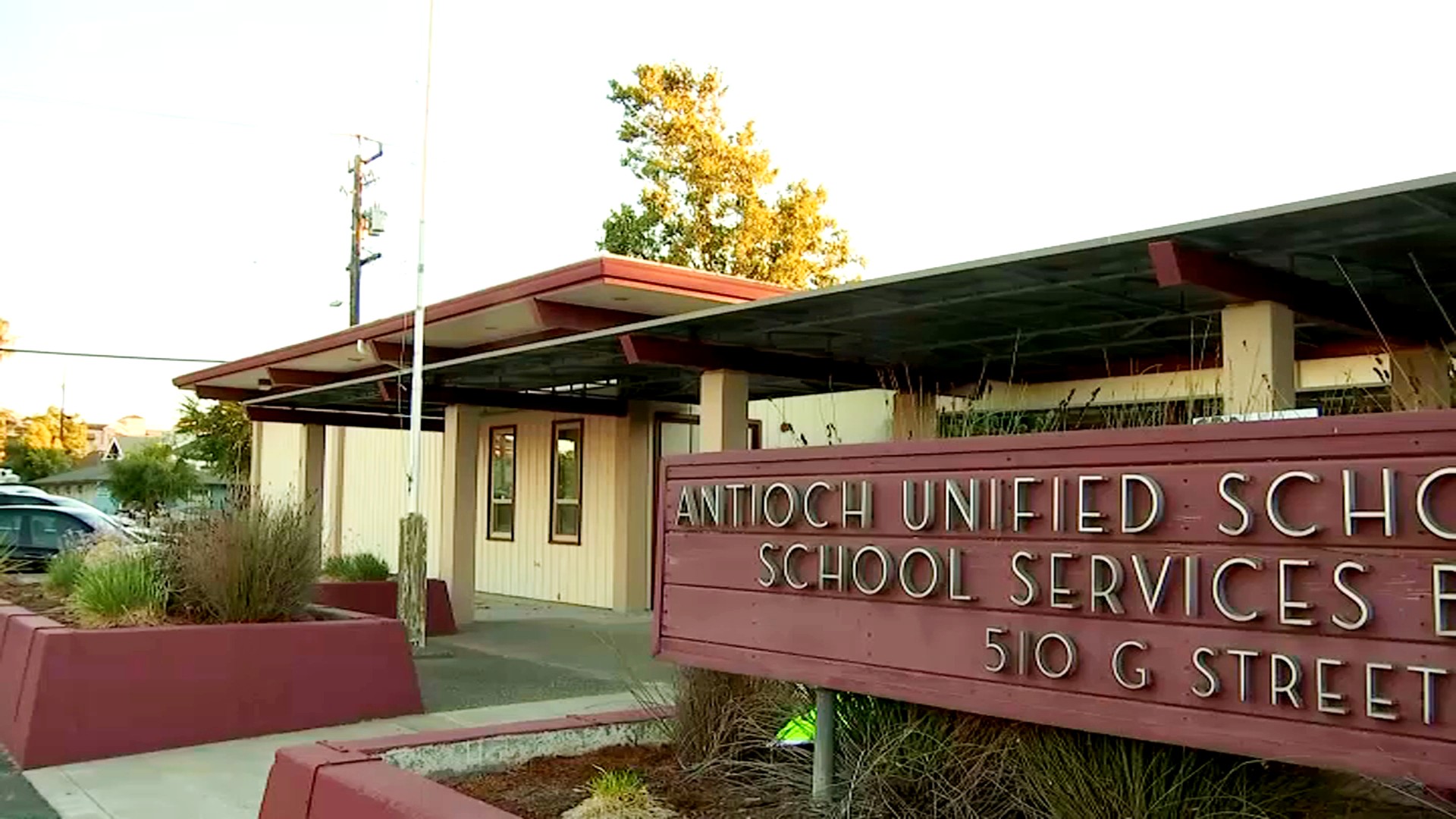Taking care of kids is tough. They need so much attention and help, it can be hard to know when and how to let them figure things out on their own. Sometimes, parents answer that question by involving themselves in every aspect of their children's lives and solving all their problems for them. These moms and dads are known as helicopter parents, since they're hovering over their kids' lives at all times.
The recent scandal involving rich parents who bought admission for their kids at exclusive universities is an extreme example, since many of the parents have enough money to own actual helicopters.
But it can be easier to fall into helicopter parenting than you might think, since it's sourced in the noble ideal of wanting to protect your kids from struggle. California Live parenting expert Donna Tetreault has some tips on how to avoid slipping into becoming a helicopter parent.
Understand the Message You're Sending
When you don't let children solve problems for themselves, you teach them to be helpless in the face of new challenges. "What you're telling your child, the message, is 'I don't trust you and I have to fix this for you,'" Tetreault said. "Instead, let's do the reverse and teach resilience and say 'How can I help you or teach you?' Remember, we're our child's first teacher."
Start Early
Resilience is a learned skill just like anything else. We teach our children the ability to rely on themselves at a very early age. "Start real young," Tetreault said. "Teach resilience. Let them play. Don't direct their play. Don't set up what they should play. Let them play."
Local
Focus on the Big Picture
The point of school is not to get a series of good grades. It's to instill in children a love of learning and help them develop strategies for accessing new information. "A kid brings home a B, that's a great grade. It's OK," Tetreault said. "Don't worry about the academic achievement pressure. But say 'Hey, how could you have gotten that A?' Think about the process instead of the letter grade. You want to build a lifelong learner."
Let Them Fail Sometimes
Dealing with consequences teaches children to be accountable. If they're always bailed out when they get into a jam, they never learn to take responsibility for their actions. Allowing kids to face consequences once in a while will encourage them to develop strategies to avoid those situations in the future. "If they forget their homework, don't take it to the teacher for them," Tetreault said. "Let them figure out a way."



